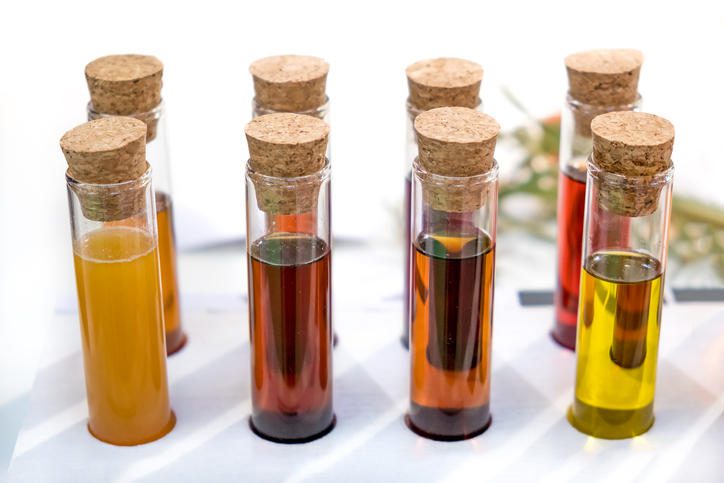Urine is an important indicator of our body’s health. Its normal color varies from light yellow to straw yellow, but can sometimes take on a darker shade, arousing concern and curiosity about the reason for this change. In this in-depth article, we’ll explore the possible causes of dark urine, related symptoms, and recommended treatments to address this condition.
Figure 1 – Behind the color of urine: what the darkening indicates and how to deal with ito
Urine too dark
Too dark urine can be the result of several factors. Here are some of the possible causes:
Dehydration: Lack of adequate hydration can lead to more concentrated urine, which appears darker. Drinking enough is essential to maintain water balance in our body.
Diet: Some foods and drinks can affect the color of urine. For example, consuming beets can give urine a deep red color, while taking vitamin supplements can make it more yellow.
Medicines: Taking some medications can affect the color of your urine. For example, using nitrofurantoin antibiotics can cause dark colored urine.
Liver diseases: Liver disorders, such as hepatitis or cirrhosis, can lead to a buildup of bilirubin in the blood, which in turn can cause darker urine.
Hematuria: The presence of blood in the urine, known as hematuria, can make it dark in colour. This condition requires careful medical evaluation to determine its underlying cause.
Associated symptoms
In addition to the change in color, there may be other symptoms associated with urine color. They may include:
Pain or burning when urinating. Urinary frequency significantly increased or decreased. Pain in the kidney or abdomen area. Fatigue and general malaise.
Urine too dark: when to see a doctor
It’s important to see a doctor if you notice a persistent change in the color of your urine or if you experience any additional symptoms. A doctor will be able to conduct a thorough evaluation, carry out diagnostic tests, and determine the underlying cause of urine that is too dark.
Treatment and prevention
Treatment of urine that is too dark will depend on the underlying cause identified by your doctor. Some general guidelines may include:
Increase fluid intake to prevent dehydration. Reduce or eliminate the intake of foods or drinks that can affect urine color. Follow medical advice for treating specific conditions, such as liver disease or urinary tract infections.
Prevention of too dark urine can be achieved by maintaining a healthy lifestyle and staying properly hydrated. Drinking enough water, eating a balanced diet and avoiding the abuse of substances harmful to the liver are important steps in maintaining normal colored urine.
Conclusion
Urine that is too dark can be a warning sign that something is wrong with our bodies. It is important to pay attention to these changes and to consult a doctor if necessary. A proper medical evaluation can help identify the underlying cause and take appropriate steps to treat and prevent this condition. Always remember to listen to your body and seek medical help when needed.
Sources
